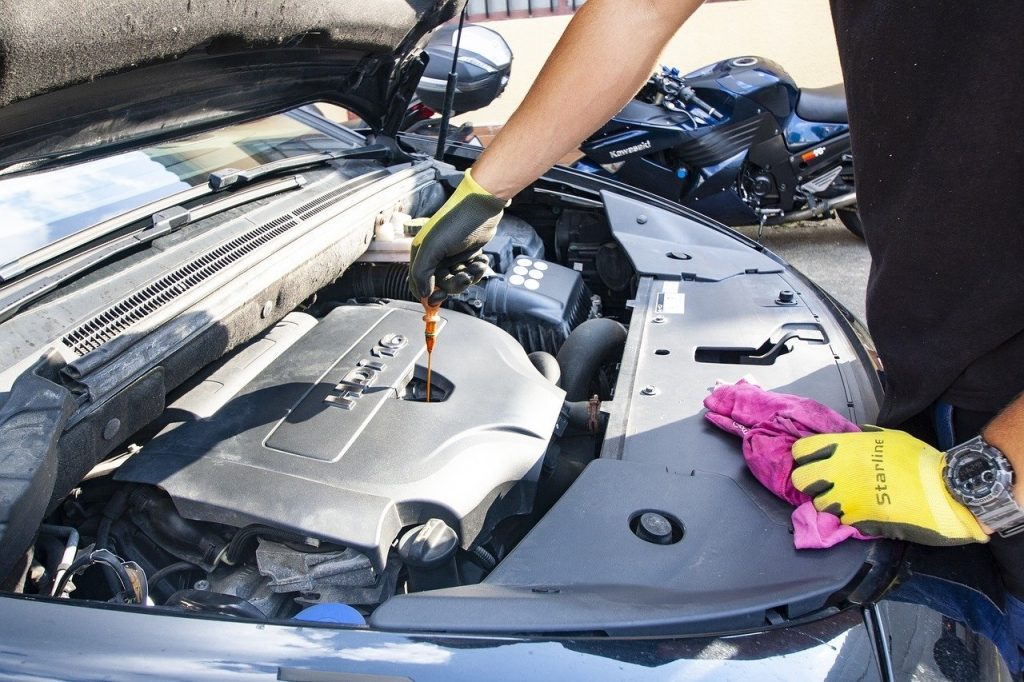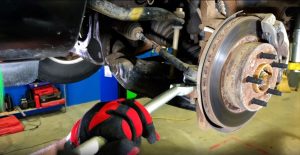
Selecting the appropriate thermostat replacement parts is essential to maintaining the durability and effectiveness of the cars in your business fleet. The capacity of a thermostat to regulate engine temperature is essential for maintaining vehicle performance, fuel economy, and general dependability. Fleet managers will find this article helpful in guiding them through the important considerations when choosing premium thermostat components for their commercial vehicles.
Recognizing the Value of Excellence
Quality is crucial when it comes to replacement components for commercial vehicles. To avoid overheating and engine damage, high-quality thermostat components can endure the rigors of regular usage and challenging driving situations. Although cheaper components can seem like a better deal at first, they sometimes don’t fit well and aren’t durable, which means expensive repairs and frequent failures. As OEM (Original Equipment Manufacturer) suppliers and reputed brands usually adhere to strict industry standards and go through extensive testing, fleet managers should give preference to these components.
Fit for Your Fleet
Make sure the thermostat replacement parts are compatible with the particular car models you own before making a purchase. Since the engine and cooling system of every commercial vehicle have distinct requirements, not all thermostat components will fit or operate the same way on various makes and models. Consult the owner’s handbook or a reliable auto parts source to ensure compatibility. Giving the VIN (Vehicle Identification Number) of the car might also expedite the search and assist you in locating the precise thermostat you want. Hiring the Auto Repair in Provo, UT based service is the best idea here.
Important Points to Remember
The effectiveness and longevity of a thermostat may be greatly impacted by the material used in its manufacture. Aluminum, bronze, and plastic are the typical materials used to make thermostats, and each has unique benefits. For example, aluminum components provide superior heat conductivity, while brass thermostats are renowned for their robustness and ability to withstand corrosion. It’s crucial to confirm that any replacement component is made to resist the high temperatures and pressures common to commercial vehicle operations, regardless of the material used. Purchasing high-quality components guarantees that the thermostat will be able to withstand the operating demands of your fleet without breaking down.
Features of Performance
Take into account any advanced performance characteristics that might improve efficiency when choosing new thermostat components. Certain thermostats include built-in sensors that enhance engine efficiency in response to operating circumstances, or they have programmable temperature settings. By adjusting in response to real-time data, smart thermostats may improve fuel economy and minimize engine wear. These sophisticated alternatives may come with a higher initial cost, but they may save money over time by increasing fuel efficiency and lowering maintenance expenses.
Expert Installation and Upkeep
Lastly, for best results, skilled installation and routine maintenance are just as crucial as selecting high-quality thermostat replacement parts. To steer clear of frequent hazards that might result from inappropriate handling, fleet managers should make sure that the installation is handled by skilled professionals. A regular maintenance plan also makes it possible to detect problems with the thermostat or other cooling system parts early on, before they cause malfunctions in the car. Fleet managers may increase the lifespan and efficiency of their commercial vehicles, which will eventually result in increased productivity and lower operating costs, by devoting time and money to choosing the appropriate components and performing proper maintenance on them.






